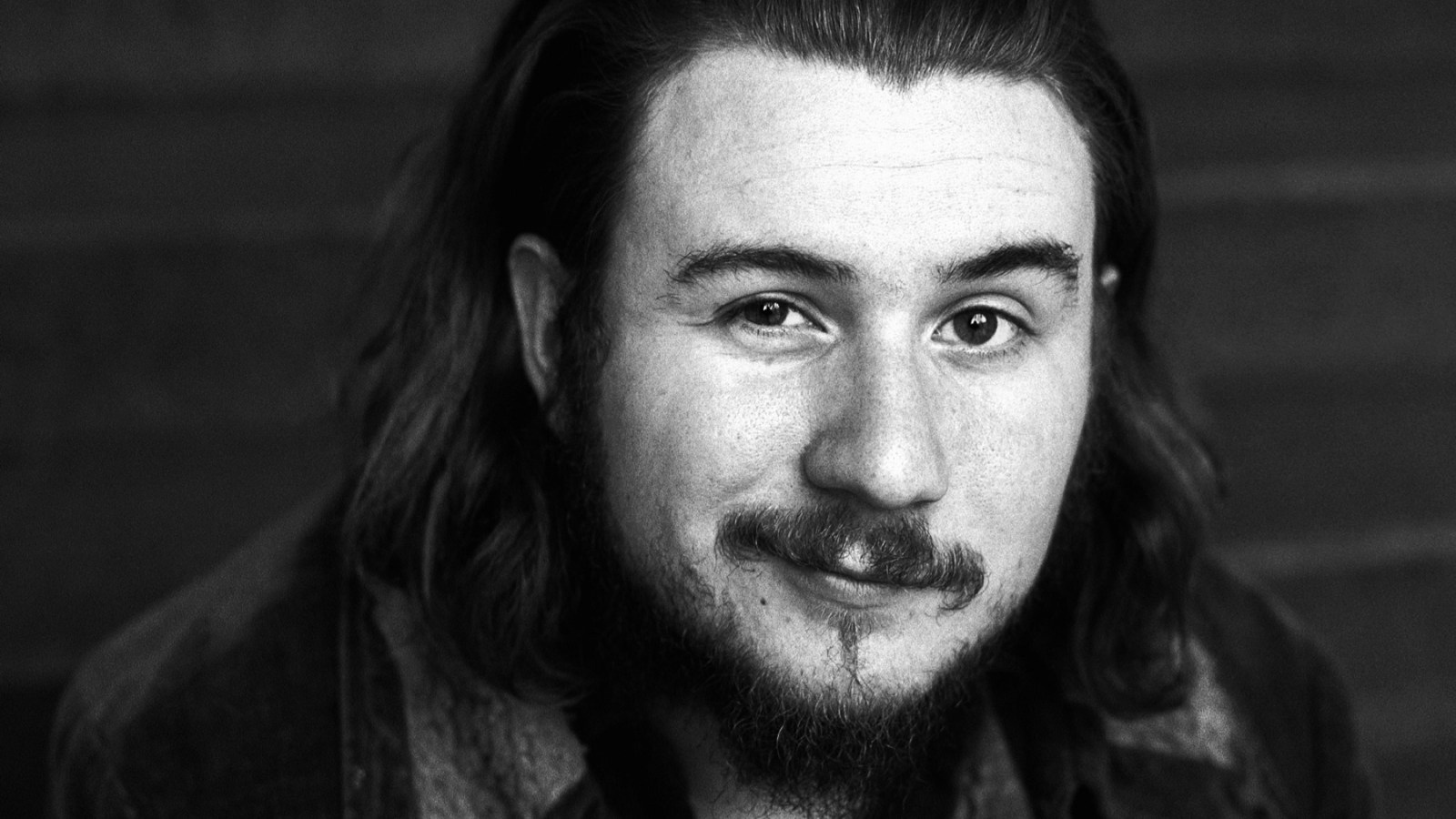Jim James was going through a lot circa 2005, when he wrote the songs for what would become My Morning Jacket‘s classic fourth album, Z. Two of his close friends had taken their own lives, and James was drinking too much and grappling with depression. “I thought it would be our last album,” he says in the new episode of Rolling Stone Music Now, which celebrates that album’s 20th anniversary. “That’s why I named it Z. Because I was entertaining taking my own life as well, and I was feeling so pessimistic that I was sure that [the album] wouldn’t work out. I was sure that it would suck and that everybody would hate it and that everything would collapse. That’s how powerful depression is. And thankfully, that wasn’t what happened.”
James is in a much better mental place now, after quitting drinking and finding an effective therapist during the pandemic years. “It’s a long, winding road,” he says. “But I feel so grateful now that the universe allowed me to keep going. I thought it would be the end, and I’m so glad that it wasn’t.”
In the new episode of Rolling Stone Music Now, James sits down with host Brian Hiatt for a deep and revealing discussion about the making of Z — which will be out Oct. 3 in a deluxe reissue version featuring demos and unheard tracks — and much more. To hear the whole episode, go here for the podcast provider of your choice, listen on Apple Podcasts or Spotify, or just press play above. Here are some highlights from the discussion:
James wasn’t sure My Morning Jacket would continue after two members quit in 2004. He had to be talked into auditioning new members, but miraculously, the first two musicians who came in were guitarist Carl Broemel and keyboardist Bo Koster, who have been in the band ever since. “It was just amazing how well they knew the songs and how well they fit into the vibe,” James says.
“Wordless Chorus” tumbled out fully formed when James plugged in a borrowed synthesizer for the first time. It started when Craig Pfunder from fellow Kentucky band VHS or Beta loaned him a Juno synth. “I had never had a synth before other than, like, the $99 Walmart keyboard,” James says. “I literally just took the synth, plugged it in, put it into my four-track, and started playing it, and ‘Wordless Chorus’ came out right there.”
James, who quit drinking three years ago, was a functional alcoholic for years. “I never drank before shows,” James says. “I never drank before studio dates. My dad gave me a very strong work ethic… But the second that concert was over, the second that studio date was over, all I could think about was getting absolutely destroyed. With each drink, in my mind, I only became more and more powerful.”
EMDR therapy, ayahuasca, and ketamine treatment all helped James finally break free from depression and alcoholism. “I found a therapist in the pandemic and started doing EMDR and parts work with him, and that opened the gateway,” he says. “And then I did ayahuasca, I did ketamine therapy. I’ve done some really powerful psychedelic healing therapies that also opened other doorways.” During one ayahuasca journey, he says, he held his younger self “in my arms and I told him to not be so hard on himself… ‘You’re a nice guy. You’re trying your best. You don’t have to be so mean to yourself.’”
The line “we are the innovators, they are the imitators” was originally the opposite — James flipped it as an exercise in positivity. “I had originally written that line after reading the thousandth review where somebody’s comparing me to Neil Young or comparing me to this person or that person,” James says. “And I was so bummed. I was like, ‘Man, nobody will ever see me for me, I’m just this shitty imitator.’ I was writing, like, ‘They are the innovators. We are the imitators.’ But at the same time, I was really getting into OutKast and I was really getting into Prince and I was like, ‘No, fuck that. Let’s flip it around. Let’s make it more of, like, a hip-hop boast.’”
James believes his depression may have fueled the transcendent intensity of MMJ’s live shows. “At times I felt like I was such a disgusting piece of shit that the only way that anybody could possibly love me is if I played a show well enough,” he says. “Maybe if I’m so great and I jump off the drum riser 20 feet into the air and I play the guitar so well and I scream so hard, maybe then somebody will love me… I look at that Jim now and I feel so much compassion for him. I’ve spent a lot of time with him in therapy and I’ve given him a lot of hugs.”
Working with producer Brendan O’Brien on the band’s latest album, Is, was energizing — though O’Brien wouldn’t hesitate to dismiss potential tracks. “When I started playing him songs, it was just so refreshing to watch his face as I played him each song,” James says. “Almost instantaneously, within 15 to 30 seconds, he’s like, ‘Eh, eh, eh. Oh, OK. This one’s cool.’” He adds that the band realized, “We really could use a coach. Somebody who is above us, who’s been in the game way longer than us.”
If you’re struggling, you can talk with someone any time. Call or text 988 to connect with the 988 Suicide and Crisis Lifeline.
Download and subscribe to Rolling Stone‘s weekly podcast, Rolling Stone Music Now, hosted by Brian Hiatt, on Apple Podcasts or Spotify (or wherever you get your podcasts). Check out six years’ worth of episodes in the archive, including in-depth interviews with Mariah Carey, Bruce Springsteen, Questlove, Halsey, Neil Young, Snoop Dogg, Brandi Carlile, John Fogerty, Phoebe Bridgers, Rick Ross, Alicia Keys, the National, Ice Cube, Taylor Hawkins, Willow, Keith Richards, Robert Plant, Dua Lipa, Killer Mike, Julian Casablancas, Sheryl Crow, Johnny Marr, Scott Weiland, Liam Gallagher, Alice Cooper, Fleetwood Mac, Elvis Costello, John Legend, Donald Fagen, Charlie Puth, Phil Collins, Justin Townes Earle, Stephen Malkmus, Sebastian Bach, Tom Petty, Eddie Van Halen, Kelly Clarkson, Pete Townshend, Bob Seger, the Zombies, and Gary Clark Jr. And look for dozens of episodes featuring genre-spanning discussions, debates, and explainers with Rolling Stone’s critics and reporters.



